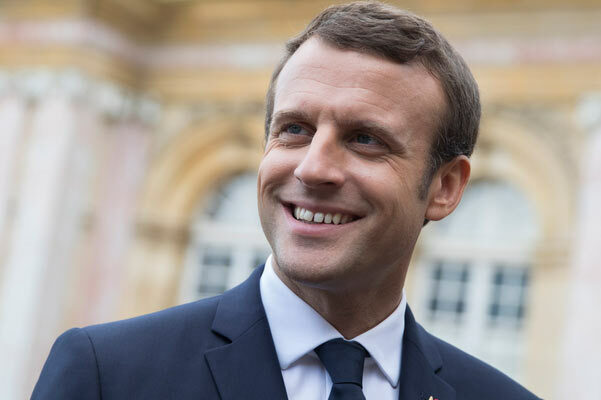Act with determination and consistency for today and tomorrow. This is how President Emmanuel Macron describes the exercise of his presidency. And in order to “make France stronger and fairer, to liberate, protect, unite”, an “economic rearmament” is necessary, he emphasizes.
This rearmament, whether “industrial, technological and scientific”, the Head of State intends to continue in 2024 notably through “major cutting-edge projects”. These include nuclear power, transport, but also artificial intelligence.
Choose rather than suffer, including on AI?
The stated ambition: to be “ten years ahead in 2027 where in 2017, we were ten years behind,” declares Emmanuel Macron. What about the method? Several avenues are mentioned during the presidential speech.
To gain this 10-year lead, it will be necessary in particular to “further accelerate our efforts and drastically simplify the lives of our entrepreneurs”. The president also insists on the need to “continue to innovate, but also to attract talents and businesses and produce more in France.”
Macron makes 2024 a “year of determination, choice, regeneration, pride. Basically, a year of hope. Yes, this year, a lot of our future is being determined. So, it’s up to us to do it together. It’s up to us to choose rather than suffer, it’s up to us to chart the course rather than follow.”
During the last weeks of 2023, the president – like his government – also expressed his wish not to be subject to European regulations on artificial intelligence, the AI Act. Shortly after the trilogue vote, Emmanuel Macron criticized the agreement.
France against the regulation of foundational models
“We are the first place in the world where on so-called foundational AI models, we will regulate much more than the others. I think it’s not a good idea and I say it in all honesty,” he regretted.
Freeing these models from regulation is also the recommendation of the boss of the unicorn Mistral AI, Arthur Mensch, and his advisor (former member of the government), Cédric O. If their voice, like that of France and its German and Italian allies were unable to influence the content of the AI Act, but they will, however, be able to influence French AI strategy.
Both sit on the committee on generative AI set up by the government to guide its national policy on artificial intelligence. Appointed in September, its members will make proposals in 2024 intended to adapt the national strategy on artificial intelligence.
France and its leaders have not said their last word on the AI Act either. “A certain number of details” remain to be resolved. And “the devil often hides in the details,” declared Minister for Digital Affairs Jean-Noël Barrot.
“We must avoid crushing European innovators under regulations that are too heavy. We will therefore examine very carefully the agreement that has been reached,” he reacted the day after a European agreement described as historic.
